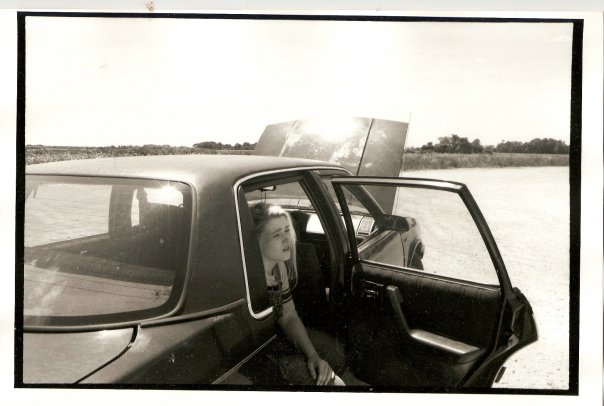Inspired by what were intended to be mere photo sessions at a local juvenile prison, South Bend, Indiana native Katie-Madonna Lee has recently wrapped her contribution to exposing the plight of disadvantaged Midwestern women, through the art of motion picture. "Woman's Prison" is the fictional story of Julie Ann Mabry, a young woman whose circumstances of poverty and hardship lead her to the loss of her freedom and ultimately her life. "The film is based on things I witnessed, snippets of stories that women had casually brought up in conversations and the general atmosphere in Indiana." In the film, Julie Ann's life begins as devastatingly as it ends. Her mother is murdered by her father and |  "Growing up in South Bend, in a very spiritual family, I was extremely affected by the mysticism of religion and felt a deep spiritually in terms of justice. And South Bend has been the greatest influence of all, it embodies poverty and international privilege in a very small community." Katie-Madonna Lee now lives in New York City. She is recipient of the National Endowment for the Arts prestigious Individual Artist Grant. Just recently, "Woman's Prison" won the New York Women in Film & Television Award. |